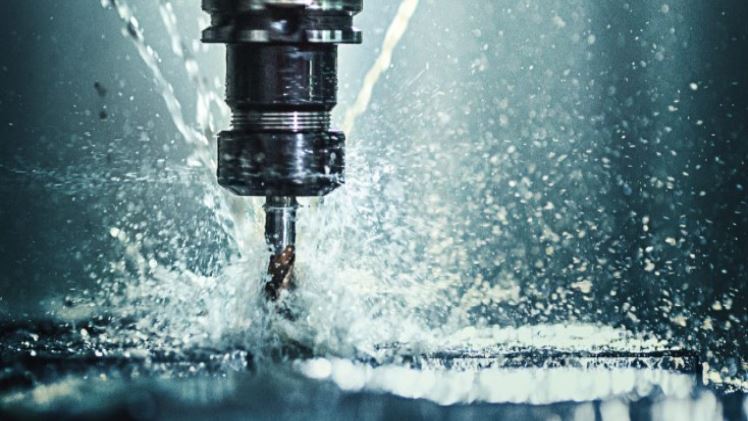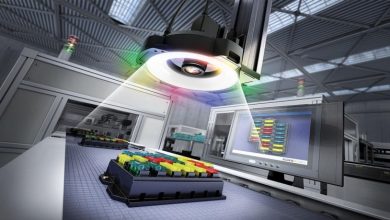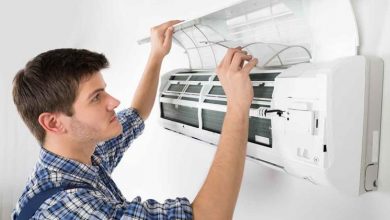The 5 Advantages of CNC Machining

In the ever-evolving world of manufacturing, CNC machining stands out as a game-changer. It’s not just a buzzword; it’s a revolutionary technology that has transformed the way we produce parts and components.
In this article, we’ll delve into the five distinct advantages of CNC machining, shedding light on why it has become the go-to method for precision manufacturing.
1. Precision Engineering:
One of the primary advantages of cnc machining is its unparalleled precision. Unlike traditional methods, where human error could lead to inconsistencies, CNC machines operate with meticulous accuracy. Whether it’s crafting intricate parts for aerospace applications or creating precise medical devices, CNC machining ensures that every detail is executed flawlessly.
This precision is achieved through computer-controlled movements, where even the smallest deviations are eliminated, guaranteeing consistent and high-quality results.
2. Increased Efficiency:
Time is money in the manufacturing industry, and CNC machining offers a significant boost in efficiency. With automated processes and optimized tool paths, tasks that would take hours or even days using conventional methods can be completed in a fraction of the time.
This efficiency not only reduces production costs but also allows manufacturers to meet tight deadlines without compromising on quality. From rapid prototyping to large-scale production runs, CNC machining streamlines the entire manufacturing process, maximizing productivity.
3. Versatility in Materials:
Another advantage of CNC machining is its versatility in working with a wide range of materials. Whether it’s metals like aluminum, steel, or titanium, or non-metallic materials such as plastics, wood, or composites, CNC machines can handle them all with ease.
This versatility opens up endless possibilities for manufacturers, allowing them to create diverse products across various industries. Whether you’re crafting automotive components, electronic enclosures, or Fill Media, CNC machining offers the flexibility to work with virtually any material.
4. Complex Geometries:
Complexity is no longer a barrier with CNC machining. Unlike traditional methods that struggle with intricate designs and complex geometries, CNC machines excel at turning even the most elaborate concepts into reality.
With advanced software and multi-axis capabilities, CNC machining can produce parts with intricate shapes, tight tolerances, and seamless transitions. Whether it’s intricate patterns for architectural facades or complex molds for injection molding, CNC machining brings even the most ambitious designs to life with precision and accuracy.
5. Consistent Quality:
Consistency is key in manufacturing, and CNC machining delivers on this front with unwavering precision. Every part produced through CNC machining is identical to the last, ensuring consistent quality across the entire production run.
This reliability is crucial in industries where even the slightest deviation can have significant consequences, such as aerospace or medical manufacturing. With CNC machining, manufacturers can rest assured that every component meets the highest standards, without any variation or defects.
Conclusion:
CNC machining offers a myriad of advantages that make it the preferred choice for precision manufacturing. From unmatched precision and increased efficiency to versatility in materials and complex geometries, CNC machining continues to revolutionize the way we create parts and components.
With consistent quality, cost-effectiveness, and adaptability to automation, CNC machining stands as a testament to the limitless possibilities of modern manufacturing.





